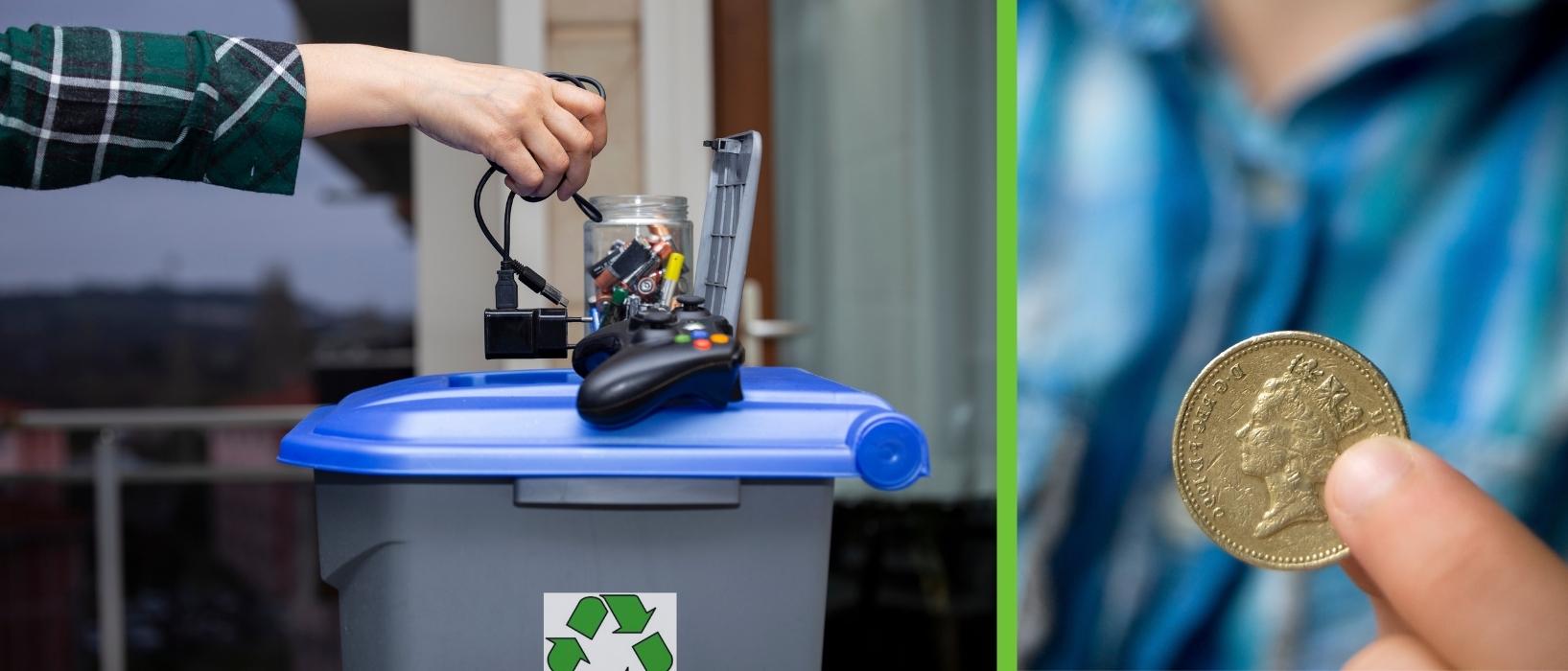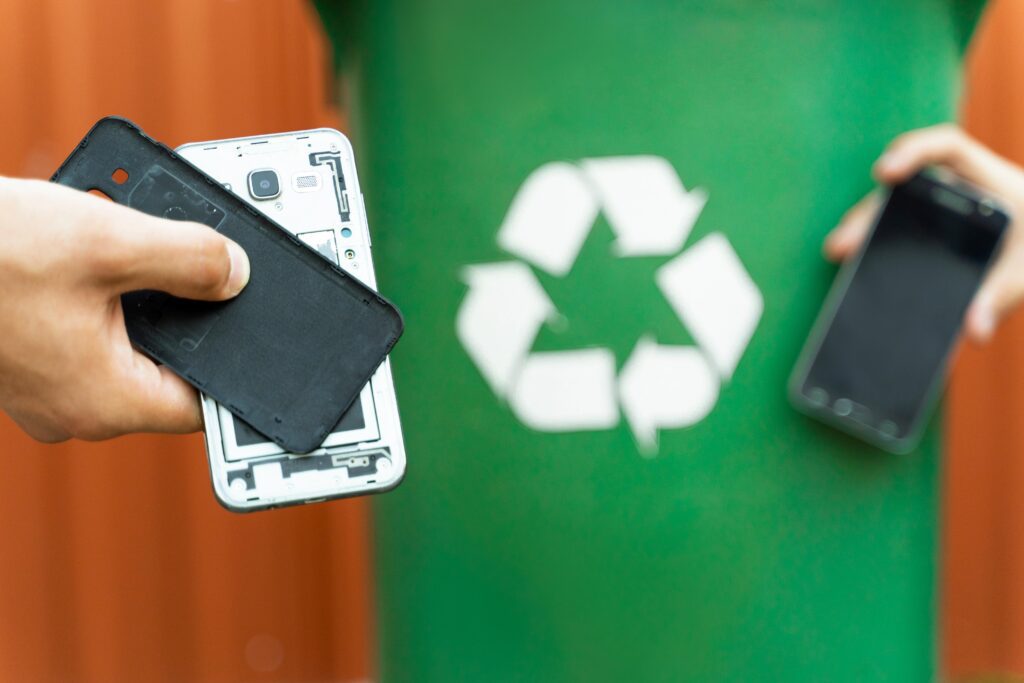
Do you keep your old laptops, computers, and phones?
If you do, you’re not alone, and that’s just part of the reason electronic waste, or e-waste, is the world’s fastest-growing domestic waste stream.
The reason this is such a huge issue is not only because of the amount of waste we are producing but the fact that we’re losing all the valuable materials inside. Electronics contain many precious metals and minerals, most of which are in short supply.
Since they’re not being recycled, this could cause serious problems when trying to make more electronics in the future. It’s not just laptops and phones, either, those materials are also needed for wind turbines, solar panels, and batteries, meaning it could put us off the track for net-zero.
To put this into perspective, the UK alone is losing at least £13.6mn worth of critical raw materials needed for the net-zero transition every year.

Of course, there are efforts to change the e-waste recycling issue and make use of these materials. Recently, for example, the UK Royal Mint has partnered with Canadian recycling start-up Excir who have developed a chemical recycling process that can recover at least 99% of the gold from devices’ circuit boards.
The Royal Mint plans to take this recycled gold and use it in its coins, as well as scaling the technology to recover other metals such as copper, silver, and palladium.
Initials trials were stunningly successful, resulting in gold with a purity of 999.9. The Royal Mint’s chief growth officer Sean Millard said the innovation “offers huge potential for The Royal Mint and the circular economy – helping to reuse our planet’s precious resources and creating new skills in the UK.”
Fixing the e-waste issue will not be easy, however, businesses and world leaders do have help. The Critical Minerals Association (CMA) just last year release their Blueprint for the responsible sourcing of critical materials.
This covers everything from increasing recycling so we can make better use of the materials in the future to improving how the mining of these materials operate so that it doesn’t have such a harsh impact on our environment.
It calls on both governments and the private sector to collaborate on this issue as well as develop and apply an ESG rating system for supply chains.
Anyone, however, can be a part of the solution to the problem. As mentioned earlier, e-waste is mostly a domestic issue and involves all of us changing our habits to make a difference.
Many people hoard their old electronics, but it we want to keep using them in the future, this needs to change.
Inquire Today